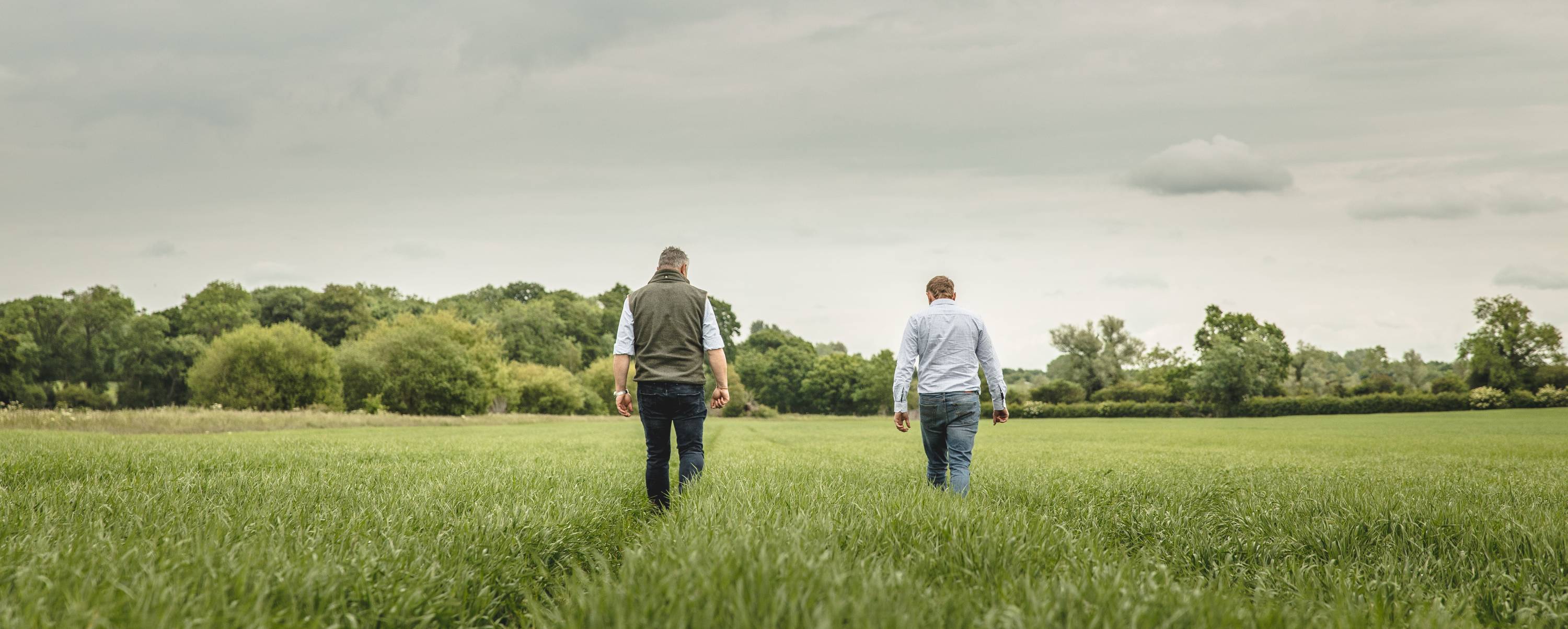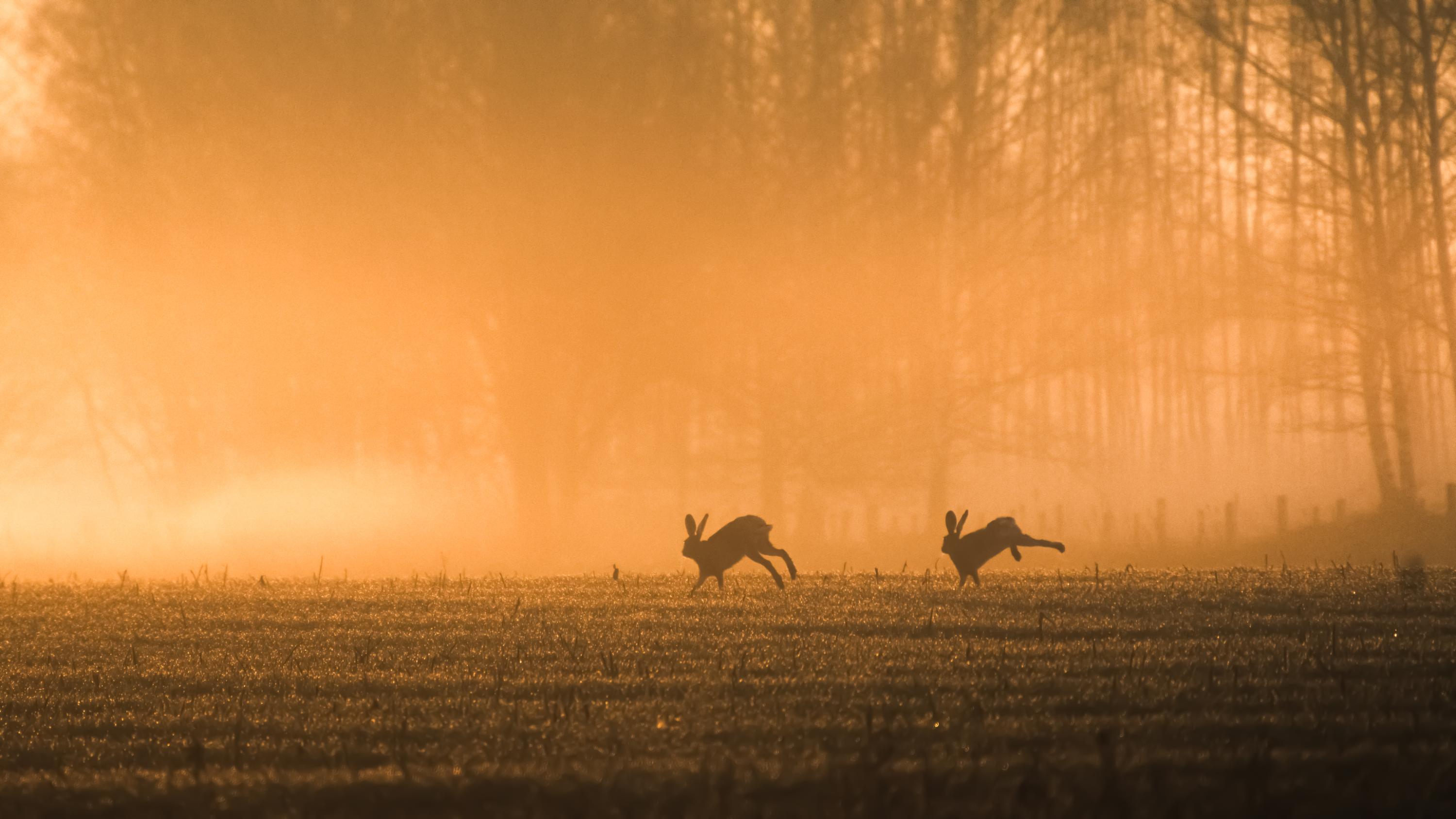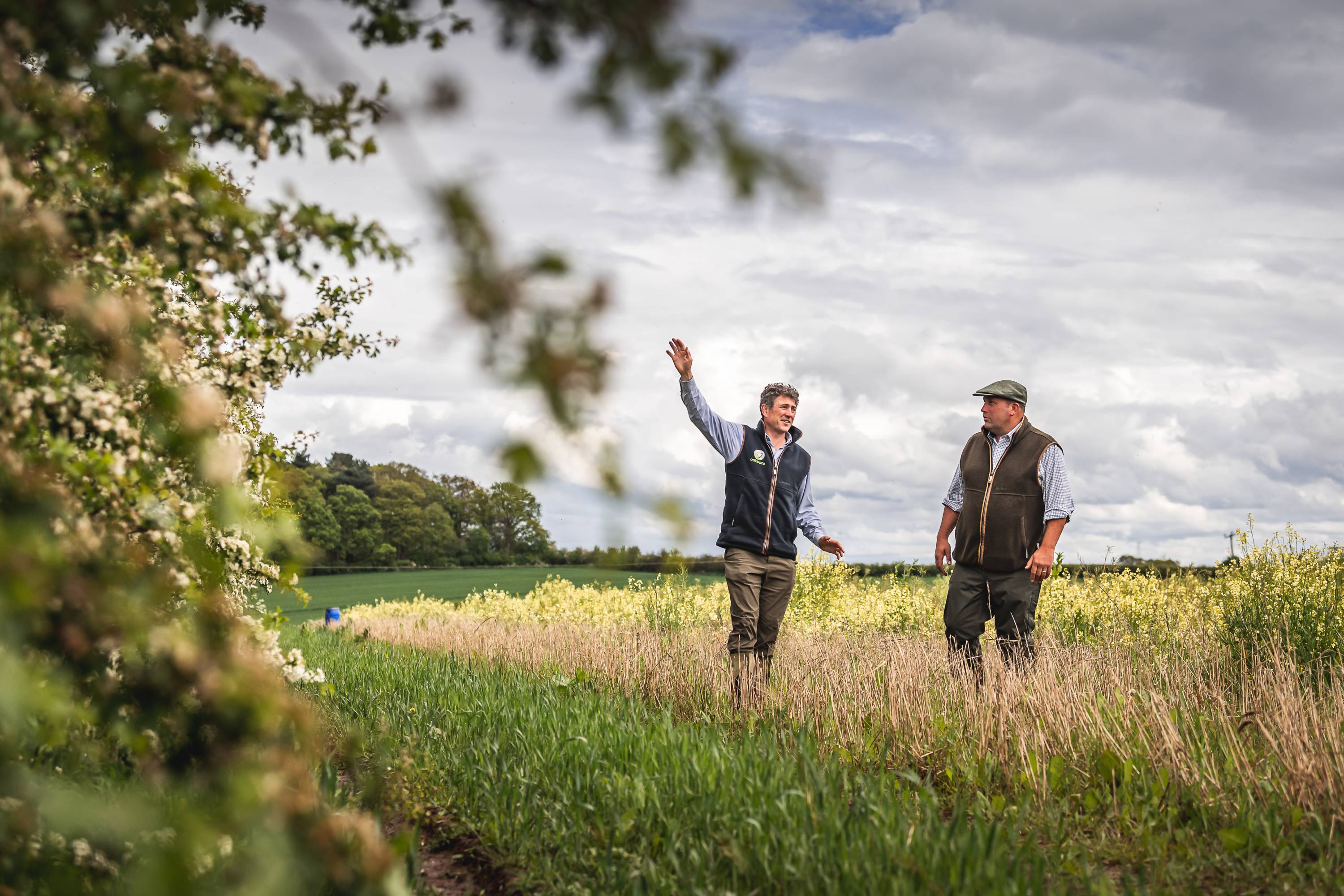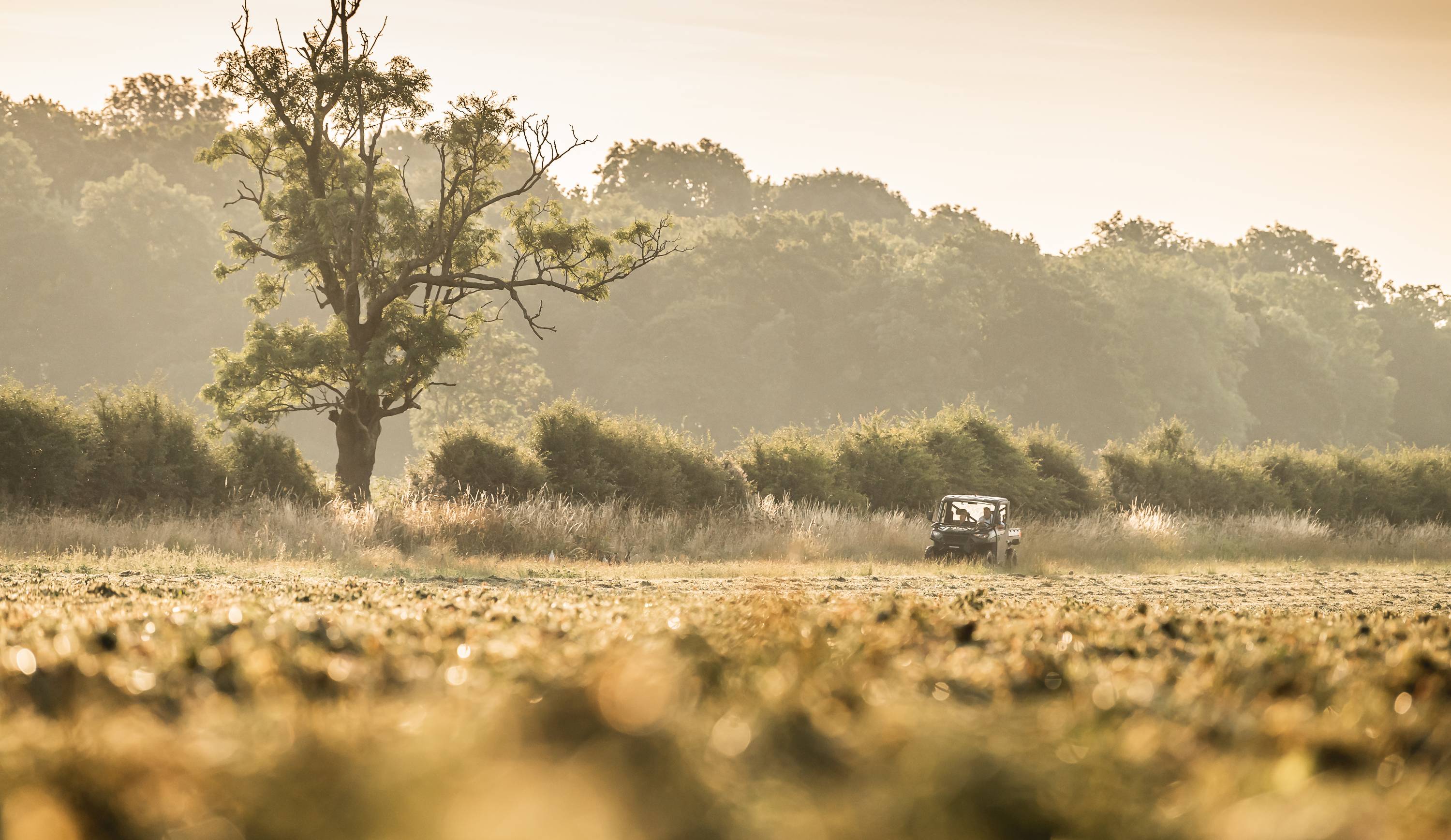

Why farmers are up in arms about the budget
The chancellor’s plans have been met with widespread shock and outrage in the rural community.
As Chancellor Rachel Reeves unveiled the contents of her shiny red box last week, we were visiting a family farm in North Yorkshire.
Dexter cattle grazed rough valleys of a thousand colours, Herdwick sheep relaxed in the sun, and Mangalitsa pigs rooted about in their pens.
It was a stunning day – autumn at its best. Two-hundred-and-fifty miles south, though, the autumn ‘budget’ was being presented to the nation, and it was far from rosy for British farmers, many of whom are now reeling from the measures announced.
Since that day, headlines have rightly been dominated by the news. Number 10’s plans raise serious concerns about the future of land ownership, British food production, food prices, and the natural environment.
Over the years at Schöffel Country, we’ve visited and told the stories of people who live and work on the land up and down the UK, from livestock farmers to Christmas tree growers and arable farmers to those running very mixed enterprises. We were dismayed, then, to hear of the latest plans that look set to impact so many of those people at a time when costs of inputs are rising, extreme weather is becoming increasingly common, pressure to keep food cheap rises, and turning a profit is a real challenge.
What are the key changes detailed in the budget that will affect farmers?
Several measures were announced in Rachel Reeves’ budget that are causing huge concern in the rural community. The most talked about, though, are the changes to tax relief on farmland.
From April 2026, combined business and agricultural assets worth over £1 million will be taxed at a rate of 20 per cent. At present, both land and associated agricultural assets can be passed on to the next generation without charge thanks to Agricultural Property Relief (APR) and Business Property Relief (BPR). Under the new rules, however, that next generation – often the children of those who have worked so hard so they can hand down a viable business – will have a hefty inheritance tax bill to pay.
These changes won’t just affect big landowners, though. Our farming families are at the sharp end of it, too.
This summer, property agents Strutt & Parker put land values between £6,500/acre and £17,000/acre. According to the National Farmers’ Union (NFU), the average size of a farm in the UK is roughly 200 acres. A quick bit of maths and it is clear that many family farms will surpass Reeves’ £1 million threshold by some way – and that’s before the value of outbuildings and a farmhouse enter the equation. Indeed, the Country Land and Business Association (CLA) estimates that 70,000 UK farms could be affected.
It is likely to impact consumers, too. Many of these farms are already operating on slim margins. They are asset rich but cash poor. The proposed changes will add to the cost of producing food at a time when British farmers cannot absorb it, so it stands to reason that the supply chain and the end consumer could end up bearing some of the brunt.
The bigger picture? Well, it’s one of damaged family businesses, undermined food security and, potentially, a lot more land coming to the market over the next few years. Add to that the chancellor’s other plans – an above-inflation hike in the National Living Wage, greater employer National Insurance (NI) contributions, and an agriculture budget that remains static at £2.4 billion for England in 2025/26 (the same figure since 2014, despite inflation) – and you can see why the proposals have been met with almost unanimous outrage in the countryside.

























